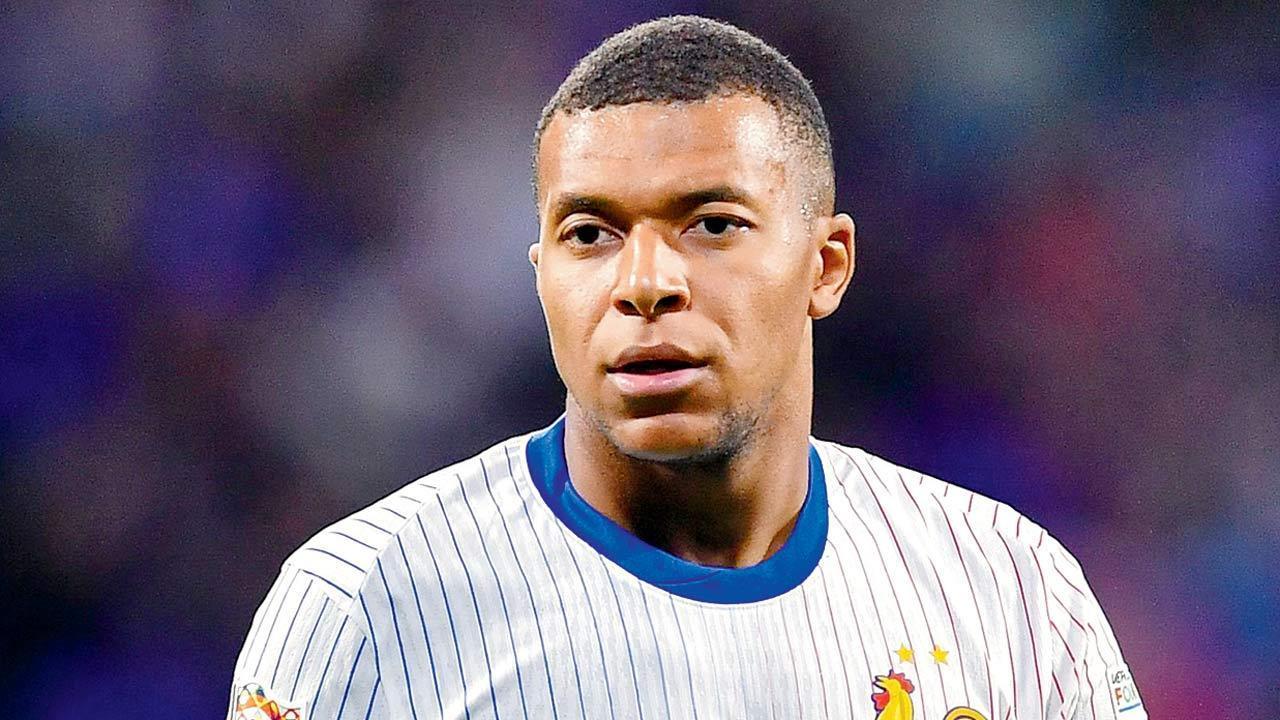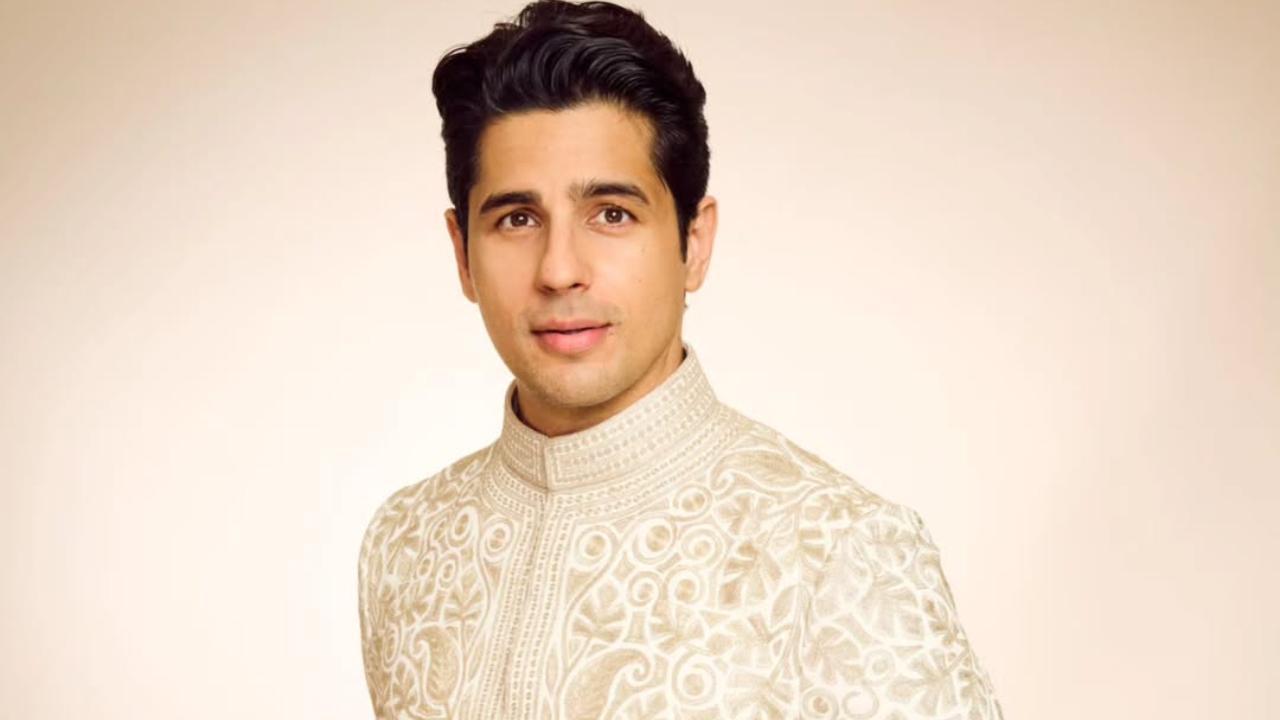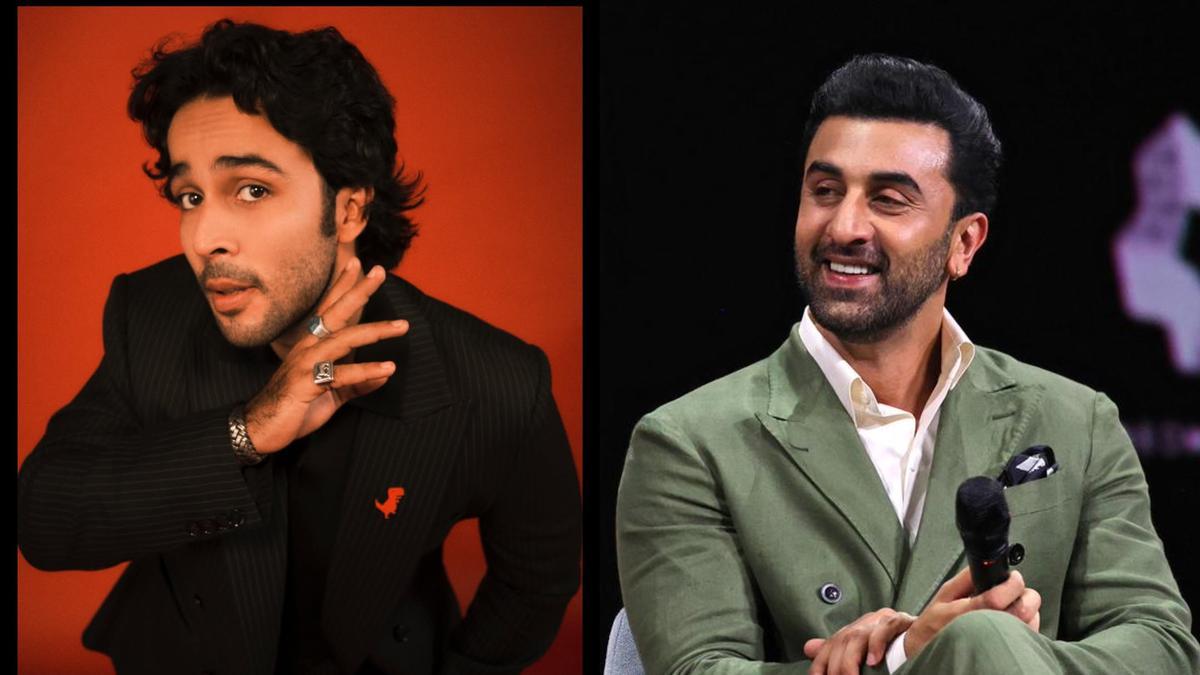
The busy soccer season continues to impact the priorities of top players worldwide as the Nations League makes its return this week. In a series of surprising decisions, several headline-making talents have chosen to put their national team duties on hold, signaling perhaps a shift in the perception of this prestigious tournament. This development comes at a time when some of the world’s elite soccer performers are contemplating the prospect of striking to manage their workload more effectively.
Kylian Mbappe, the stellar forward who captains the French national team, has elected to refrain from participating in the Nations League matches. His decision seems to signal that the tournament is not a top priority for him, despite its significance on the international stage. Mbappe’s absence is compounded by the retirement of his likely successor, Antoine Griezmann, who recently drew the curtain on his international career with France.
Adding to these notable absences, Romelu Lukaku, the formidable Belgian striker, has opted to remain with his new club Napoli to work on his fitness rather than join Belgium’s national squad. Lukaku’s decision underscores a trend where club commitments and personal fitness objectives take precedence over national team call-ups, particularly in a season saturated with fixtures and commitments.
These absences come against the backdrop of a Nations League season that is already facing internal challenges due to a wave of injuries. Nations across Europe are dealing with player availability issues that could reshape the landscape of the competition. In Germany, the national squad will miss the expertise of their seasoned goalkeeper, Marc-Andre ter Stegen, who has been ruled out due to injury. Meanwhile, in Spain, defender Dani Carvajal faces a similar predicament, presenting opportunities for fresh talent to emerge on the international stage.
.
The international break, typically a highlight on the football calendar, thus opens the door for newcomers to showcase their talents on a grand scale. While the classic stars are sidelined, either by personal choices or injuries, the Nations League might become a proving ground for aspiring players who wish to establish themselves on the international scene.
This disruption comes at a time when the conversation around player welfare and scheduling in professional football is more pertinent than ever. Advocates for player rights and well-being have often pointed to congested schedules as a primary reason for burnout and injuries, disrupting the rhythm and sustainability of athletes’ careers. The decisions by individual players like Mbappe and Lukaku might reflect a broader sentiment among players to take greater control over their careers and well-being.
In light of these developments, it appears the Nations League will need to contend with being reshaped this season, both in team dynamics and in public perception. Perhaps inadvertently, it could unveil a cohort of younger, less-heralded players ready to stake their claim to international fame. The resulting shifts could redefine strategies for national teams and inject new excitement into the tournament.
This story, curated by a third-party syndicated feed, reflects the ongoing shifts in the soccer world, driven by players’ decisions to prioritize personal and club commitments in an intense playing season. While these changes may present challenges, they also embody the evolving landscape of international football where the balance between club and country, wellness, and competition intensity remains a central theme. As soccer continues to adapt, the Nations League stands as a testament to these dynamic transformations.










